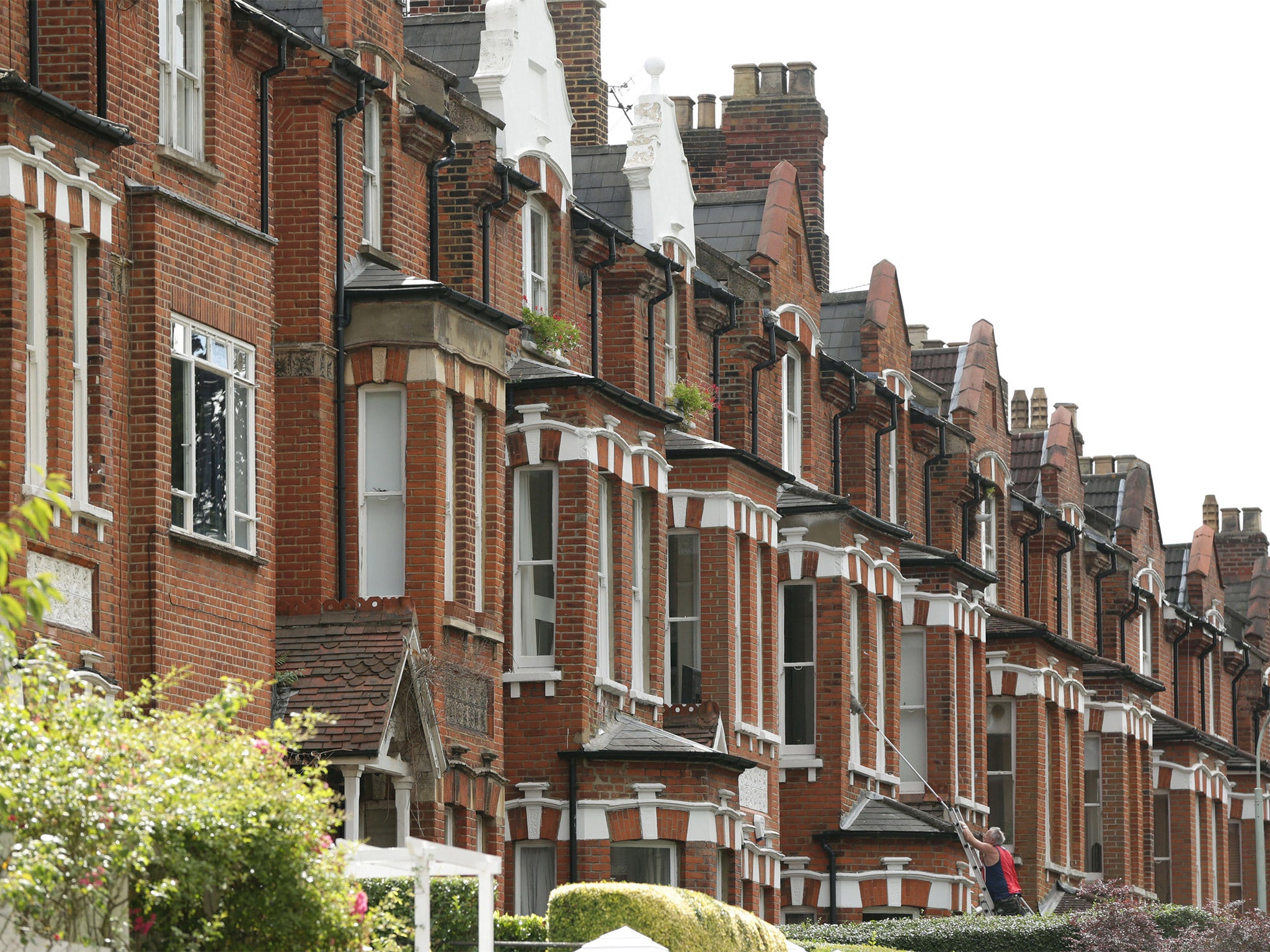Your support helps us to tell the story
From reproductive rights to climate change to Big Tech, The Independent is on the ground when the story is developing. Whether it's investigating the financials of Elon Musk's pro-Trump PAC or producing our latest documentary, 'The A Word', which shines a light on the American women fighting for reproductive rights, we know how important it is to parse out the facts from the messaging.
At such a critical moment in US history, we need reporters on the ground. Your donation allows us to keep sending journalists to speak to both sides of the story.
The Independent is trusted by Americans across the entire political spectrum. And unlike many other quality news outlets, we choose not to lock Americans out of our reporting and analysis with paywalls. We believe quality journalism should be available to everyone, paid for by those who can afford it.
Your support makes all the difference.Tenants are forced to give landlords £5.6bn a year to live in unsafe homes which do not meet legal standards, according to a new study.
Researchers at Citizens Advice say 740,000 privately rented homes across England contain serious risks to health including severe damp, rat infestations, and risks of explosion.
The households pay an average of £157 a week for the privilege of living in such homes.
“Rogue landlords are putting profits before safety,” warned Gillian Guy, the chief executive of the organisation which carried out of the research.
“With a growing private rental sector, increasing numbers of people – including more than 500,000 children – are falling prey to landlords who fail to meet decent standards.
“The Government has rightly said it wants to tackle the country’s housing crisis – it must make targeting dodgy landlords, giving tenants better rights and driving up standards a major part of that effort.”
Proportion of homes that are physically unsafe
Privately rented accommodation was in a significantly worse state to council and housing association property.
Sixteen per cent of all privately rented homes were found to physically unsafe, compared to just six per cent in the socially rented sector.
Eight per cent of private homes were found to have serious damp, which can contribute to chronic illnesses such as bronchitis, eczema, and asthma.
Six per cent were excessively cold and ten per cent rosed a risk of dangerous fall; both of these factors present significant hazards for elderly people.
The charity recommends that tenants should become entitled to rent refunds when their homes are found to be dangerous, that a national landlord register should be set up, and that councils should set up local licencing schemes.
The Government banned borough-wide local licencing schemes rolled out on councils’ own initiative just before the general election.
Housing minister Brandon Lewis argued at the time that such schemes were “draconian” and a burden to landlords.
“The vast majority of private landlords offer a decent service – so I’m determined we end the ‘tenants tax’ caused by draconian measures that do nothing to tackle rogue operators and only serve to push up rents,” he said.
In a statement headlined “lies, lies, and damned statistics” the National Landlord Association claimed that private housing was adequate and questioned claims in the report.
“We recognise that bad practice exists in private housing, that it can have a devastating effect on those it affects, and that it needs to be stamped out,” said Richard Lambert, the group’s CEO.
“But this report uses loose definitions to compound a perception that private housing is insecure and unsuitable across the board, and it ignores the weight of evidence to the contrary.”
Landlords put up rents by 8.2% last year according to the English Housing Survey, with bigger rises in London.

Join our commenting forum
Join thought-provoking conversations, follow other Independent readers and see their replies
Comments